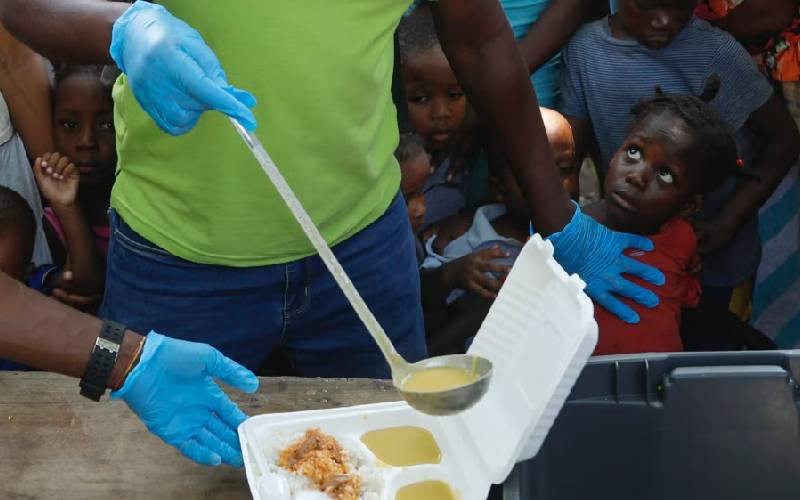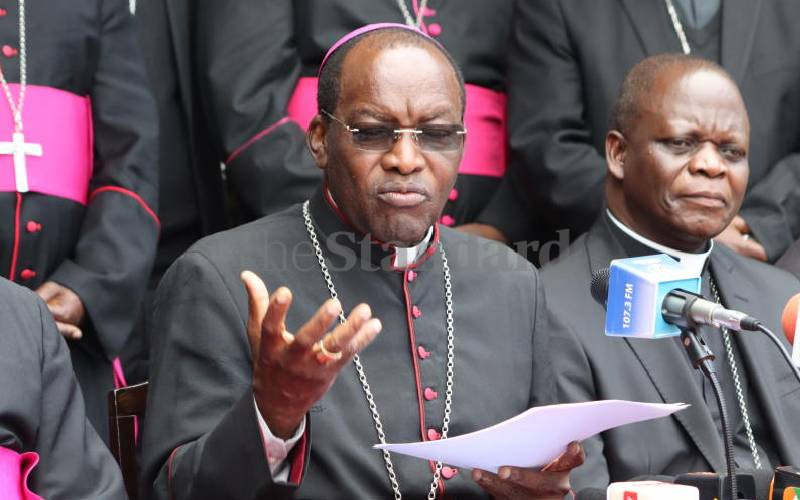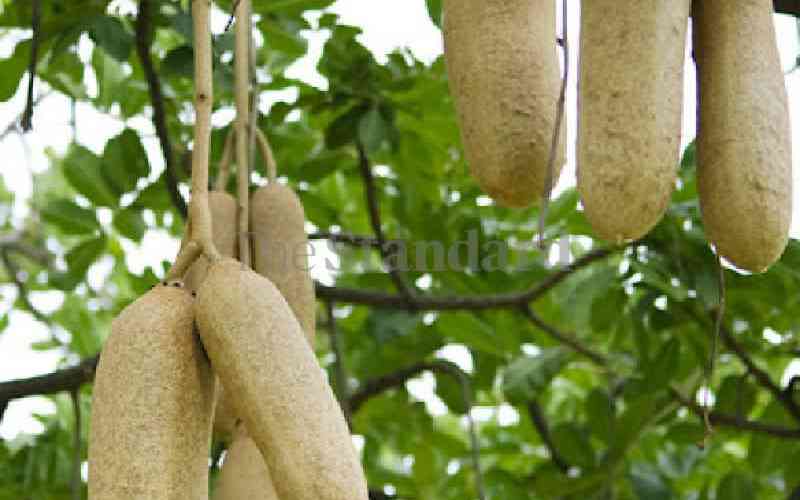Communities in traditional Africa had interesting ways of naming children. In some societies, the choice of a baby’s name depended on the time, place or circumstances surrounding birth. In others, children would be named after their grandparents, elderly relatives or hallowed members of the community.
Some communities, however, did not give much thought to this baby-naming business, and this might explain why some children were named after birds, food, pests, trees or whatever else came to mind.
Indeed, there are certain names that could easily qualify for child abuse. A child could grow up thinking it has a fancy cultural name, only to realise later in life that it was named after a kangaroo!
Growing up, I had a friend named Ruheni, which translates to lightning. Then there was Njogu, whose name means elephant, and Ndegwa, native for a bull.
Gitonga, my college roommate, would openly brag about his name, which translates to tycoon. Some children were not as lucky, however, as their names were far from inspiring.
“There are names that should never be given to children, despite what culture dictates,” says my friend Odhiambo, who feels that certain names can make your children stand out from the crowd — and not in a good way.
He further points to a research which shows the possible effects a nasty name can have on your baby. Apparently, some of these kooky names can lead to lower self-esteem, fewer relationship opportunities, a higher likelihood of substance abuse and diminished interest in academic pursuits.
However, there are people who contest this position, saying we should not read too much into names and their meanings.
One such person happens to be Mama Jimmy. “Ah, a name is not a big deal, Baba Jim. Jina ni ya kukuza mtoto tu,” she told me during a recent gathering of our extended family, but I begged to differ.
I have witnessed parents giving wacky, demeaning and utterly ridiculous names to their children.
Frankly, some names are so bad that their bearers may not really need nicknames. For instance, there is a boy in my extended family named Mukora, which means “thug”.
His brother’s name, Mathenge, translates to “a herd of he-goats”. Okutoyi, a common name for males in Western Kenya, is the same term used in reference to mud. In parts of lower Eastern Kenya, there is Muthini, a name that means “the poor one.”
King’ang’i means crocodile, Mbaka refers to a cat, Nguli means monkey and Mbiti translates to a hyena! The name “Matata” may sound harmless in the native tongue from which it originates, but to the Swahili speaker, it can be easily associated with rubble rousers and mayhem.
Similarly, by naming your son “Nyang’au — as happens in parts of Lower Nyanza — you are effectively branding him a hyena.
And as you probably know, the name has been corrupted in ordinary lingo, thanks in part to members of the Kenya Police Service. Today, in police lingo, “Nyang’au” refers to gangsters, hooligans, tramps and other social misfits.
Stay informed. Subscribe to our newsletter
“Modern parents should really style up and dispense with cultural-correctness. People should only settle for names that best suit their offspring,” says my colleague Munyui, another victim of insensitive naming. Throughout his life, Munyui has been on the receiving end of cruel jokes from all corners, all thanks to his name. Loosely translated, it means “one who drinks”.
“At school, children would taunt me every day and engage in mock staggering, implying I was blotto. Bullies made life hell for me, and some teachers openly mocked me, particularly when I committed blunders,” he reminisces.
“Even as an adult, people still throw me funny looks whenever I introduce myself. The fact that I have never tasted alcohol does not seem to deter them,” he says ruefully.
To date, Munyui still wonders what his parents were smoking when they inflicted the name on him. Happily, none of my heirs can blame me for the names I christened them.
I can report that in my household, no one was named after hyenas, beards, cooking implements, vultures or equally ridiculous objects.
Being a responsible parent, I assessed all possible options and settled for names that best guaranteed my children’s dignity and well-being.
 The Standard Group Plc is a
multi-media organization with investments in media platforms spanning newspaper
print operations, television, radio broadcasting, digital and online services. The
Standard Group is recognized as a leading multi-media house in Kenya with a key
influence in matters of national and international interest.
The Standard Group Plc is a
multi-media organization with investments in media platforms spanning newspaper
print operations, television, radio broadcasting, digital and online services. The
Standard Group is recognized as a leading multi-media house in Kenya with a key
influence in matters of national and international interest.
 The Standard Group Plc is a
multi-media organization with investments in media platforms spanning newspaper
print operations, television, radio broadcasting, digital and online services. The
Standard Group is recognized as a leading multi-media house in Kenya with a key
influence in matters of national and international interest.
The Standard Group Plc is a
multi-media organization with investments in media platforms spanning newspaper
print operations, television, radio broadcasting, digital and online services. The
Standard Group is recognized as a leading multi-media house in Kenya with a key
influence in matters of national and international interest.








